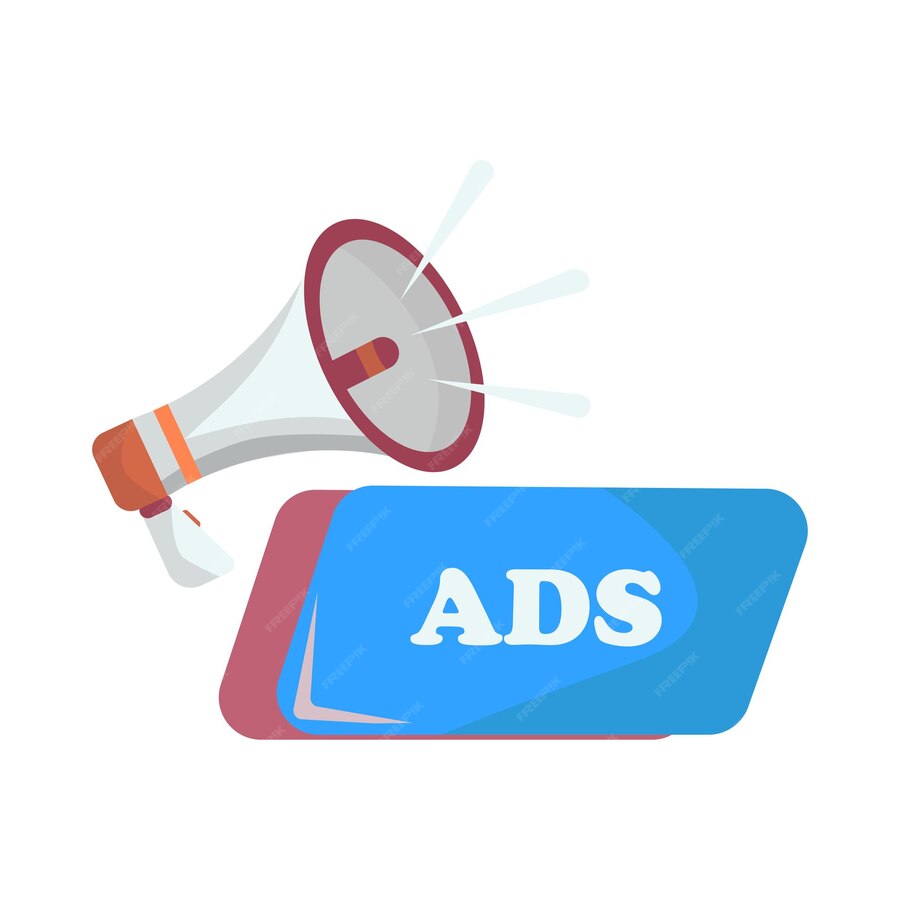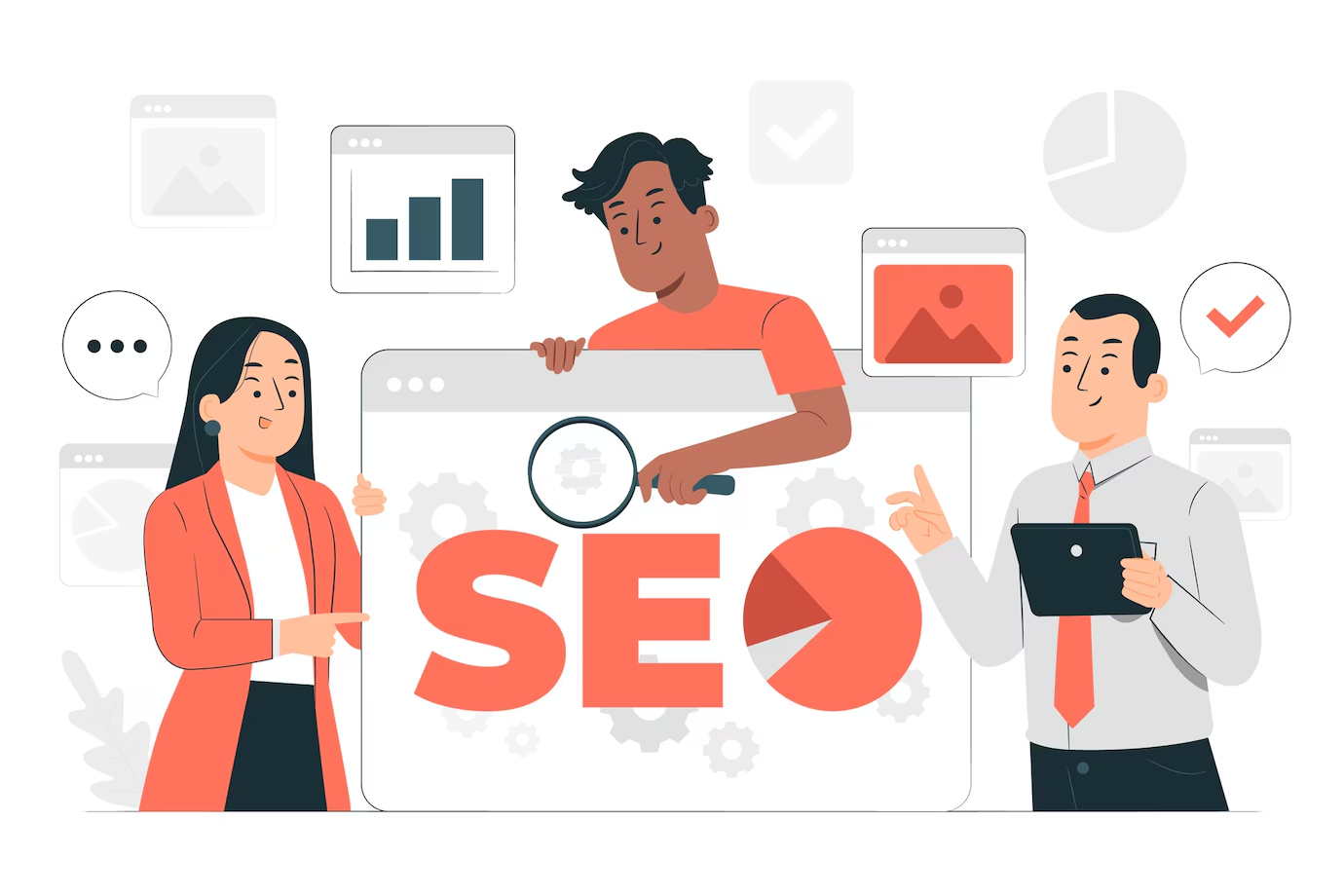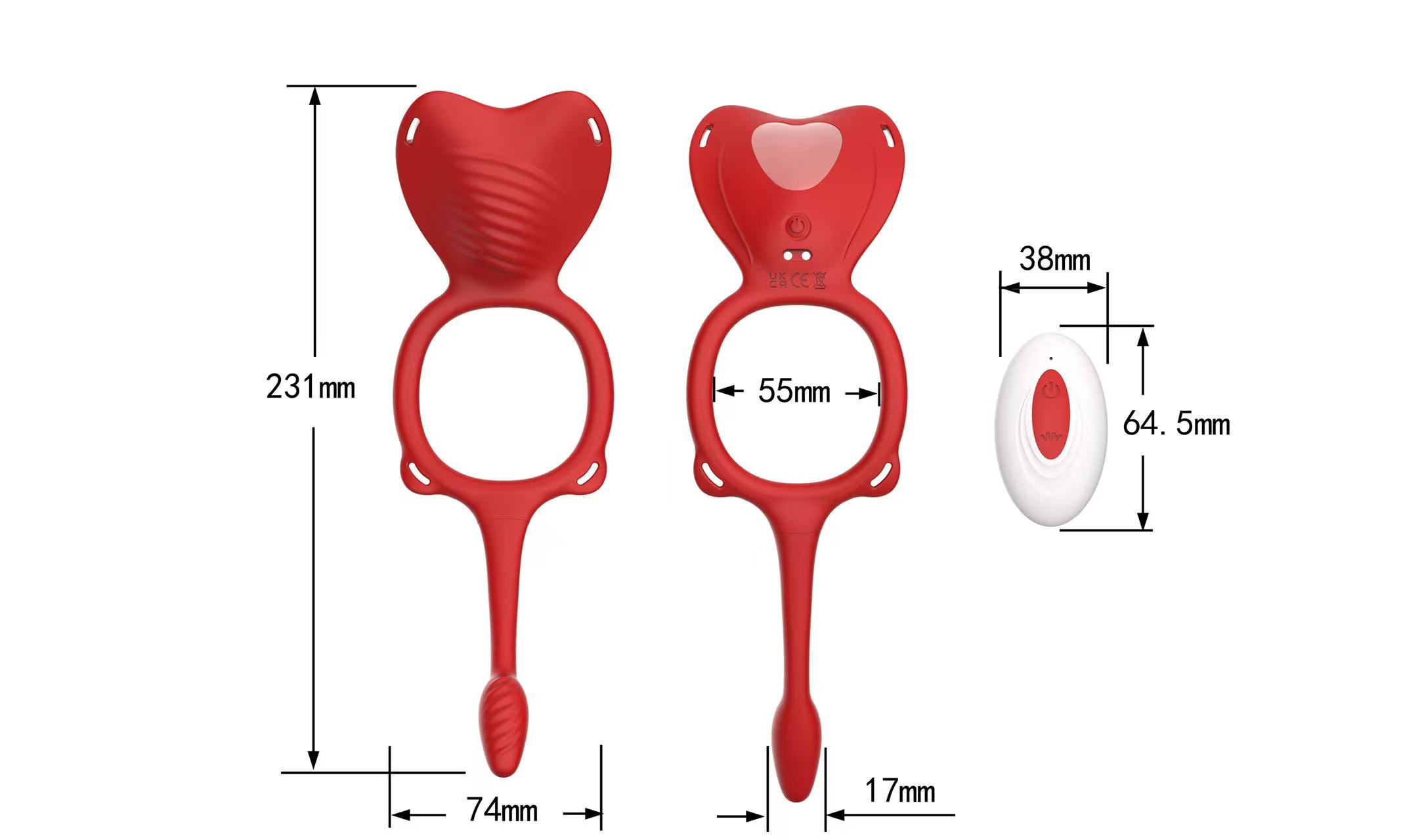About Us
Where Can Adult Toy Run Paid Ads
Views : 24
Update time : 2025-03-24 15:30:57
Where Can Adult Brands Run Paid Ads Beyond SEO for Global Traffic?
Problem: Adult toy brands face stringent advertising restrictions, making it challenging to reach target audiences through mainstream channels.Limited ad options often force businesses to rely solely on SEO, missing out on high-converting paid traffic opportunities.
Solution: Strategic use of niche platforms and careful compliance with platform policies can unlock scalable growth for adult products.
Adult brands can leverage specialized ad platforms like ExoClick, TrafficJunky, and Reddit, alongside cautiously optimized campaigns on restricted platforms like Google Ads and Bing Ads. Each platform offers unique advantages: ExoClick targets adult audiences directly, Reddit enables community-driven engagement, and Google Ads (with strict content filters) reaches broader demographics. Key limitations include prohibitions on explicit imagery, age-gating requirements, and restrictions on product claims. To avoid account bans, prioritize discreet creatives, avoid sexually suggestive language, and comply with age-verification protocols.
Ready to discover which platforms align with your brand’s goals—and how to navigate their rules safely?
1. Which Paid Ad Platforms Allow Adult Product Promotion?
A. Adult-Specific Networks
ExoClickPros: High traffic volume, geo-targeting, accepts explicit creatives (within legal limits).
Cons: Competitive CPC, lower perceived brand trust.
Rules: No underage themes, illegal content, or non-consensual imagery.

TrafficJunky
Pros: Pornhub partner, precise audience segmentation.
Cons: Limited brand-safe environments.
Rules: Bans counterfeit products and hate speech.
B. Semi-Restricted Platforms
RedditPros: Engaged communities (e.g., r/SexToys), educational ad angles.
Cons: Strict moderation; ads must avoid explicit language.
Rules: No nudity, affiliate links, or direct product comparisons.
Google Ads
Pros: Massive reach via Search and Display Network.
Cons: Restricts “sexual gratification” products; only allows ads for non-explicit items (e.g., pelvic floor trainers).
Rules: Ban triggers: vulgar language, suggestive visuals, or lack of age warnings.
Bing Ads
Pros: Less competition, allows discreet wellness products.
Cons: Requires manual approval for each ad variation.
Rules: Blocks ads for BDSM or genital-focused products.

C. Social Media (With Caution)
Twitter/XPros: Permits adult content with “sensitive media” labels.
Cons: Algorithm deprioritizes NSFW ads.
Snapchat
Pros: Youthful audience; allows ads for “wellness” products.
Cons: Requires pre-approval and age-gated landing pages.
2. How to Avoid Account Suspensions: 5 Critical Rules
1. Avoid Explicit Language- Use terms like “intimate wellness” instead of “sex toys.” Highlight medical benefits (e.g., “pelvic floor therapy”).
2. Age-Gate Landing Pages
- Implement splash pages confirming users are 18+ before displaying products.
3. Steer Clear of Taboo Themes
- Platforms ban content related to incest, violence, or non-consent. Even implied themes risk bans.
4. Use Clinical Imagery
- Focus on product close-ups or diagrams—avoid models in suggestive poses.
5. Verify Local Laws
- Germany prohibits phallic shapes in ads; Australia bans certain BDSM items.
3. Case Study: Silicone Dilator Campaign Success
A Chinese brand promoted pelvic floor trainers via Google Ads by:Framing ads as “medical devices for postpartum recovery.”
Using neutral visuals (products on plain backgrounds).
Including FDA-cleared disclaimers.
Result: 300% ROI without policy violations.
Conclusion
Adult brands can thrive with paid ads by choosing niche platforms, refining compliance strategies, and emphasizing wellness over explicitness. Test platforms incrementally, audit creatives rigorously, and always prioritize policy alignment over short-term gains.Here is the link: about E-commerce platform, any payment gateway for adult toy
相关新闻




